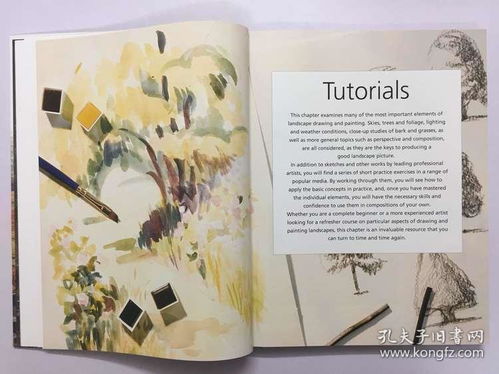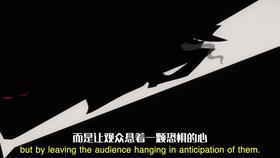Content:
Embarking on a fishing adventure can be an exhilarating experience, especially when it comes to targeting smaller species. While larger catches often grab the headlines, the thrill of landing numerous small fish can be equally rewarding. Whether you're a seasoned angler or a beginner looking to improve your skills, mastering the art of catching small fish can elevate your fishing experience. Here are some essential fishing tips and tricks to help you become a pro at reeling in the little ones.
Choose the Right Gear
The first step in catching small fish is to equip yourself with the right gear. Here's what you should consider:

- Rod and Reel: Opt for a light-action rod and reel combination. Small fish require more finesse than their larger counterparts, and a lighter setup allows for better control and sensitivity.
- Line: Use a monofilament line with a small diameter. This will help you present your bait more naturally and reduce the risk of spooking the fish.
- Hooks: Small hooks are ideal for small fish. The size of the hook should match the size of the bait you're using.
Select the Perfect Location
Finding the right spot is crucial for catching small fish. Here are some tips to help you identify prime locations:
- Shallow Water: Small fish often inhabit shallow waters where they can find food and protection. Look for areas with submerged vegetation, rocks, or logs.
- Structure: Areas with structure, such as fallen trees, brush piles, or weed beds, can attract small fish looking for cover.
- Current: Small fish may be found in areas with gentle currents, as they can provide a constant flow of food.
Use Live Bait or Artificial Lures
When it comes to bait, you have two main options: live bait or artificial lures. Here's how to choose the best option for catching small fish:
- Live Bait: Live bait, such as worms, crickets, or minnows, can be highly effective for small fish. These natural foods mimic what small fish would eat in the wild.
- Artificial Lures: Artificial lures, such as spinners, jigs, or tiny crankbaits, can also be successful. The key is to use lures that mimic the movements of small fish's natural prey.
Master the Art of Casting
Casting is a skill that can make or break your fishing trip. Here are some tips to improve your casting technique:
- Practice: Spend time practicing your casting technique. The more you practice, the more accurate and precise your casts will become.
- Distance: When targeting small fish, you often need to cast close to the shore or structure. Aim for accuracy over distance.
- Control: Keep your casting arm close to your body to maintain control and reduce the risk of snagging your line.
Adjust Your Techniques for Different Conditions
Understanding how to adjust your techniques based on different conditions is crucial for catching small fish:
- Weather: On windy days, use a lighter line and shorter casts to reduce the risk of snags. In calm conditions, you can cast further and experiment with different lures.
- Water Temperature: Small fish can be more active in cooler water. Adjust your bait and lure selection accordingly to match the fish's preferences.
- Time of Day: Small fish are often more active during low-light conditions, such as early morning or evening. Plan your fishing trips accordingly.
Patience is Key
Catching small fish requires patience and persistence. Here are some tips to help you stay focused and successful:
- Take Your Time: Don't rush your fishing trip. Spend time observing the water and understanding the behavior of the fish.
- Be Consistent: Fish in the same spot for an extended period to increase your chances of catching small fish.
- Stay Positive: Remember that fishing is a sport of patience and luck. Stay positive and enjoy the experience, regardless of the outcome.
In conclusion, catching small fish can be a rewarding and enjoyable experience for anglers of all skill levels. By choosing the right gear, selecting the perfect location, using the right bait, mastering your casting technique, and adjusting your approach based on different conditions, you'll be well on your way to becoming a pro at reeling in the little ones. So, grab your rod, head to your favorite fishing spot, and start practicing these essential fishing tips and tricks. Happy fishing!












